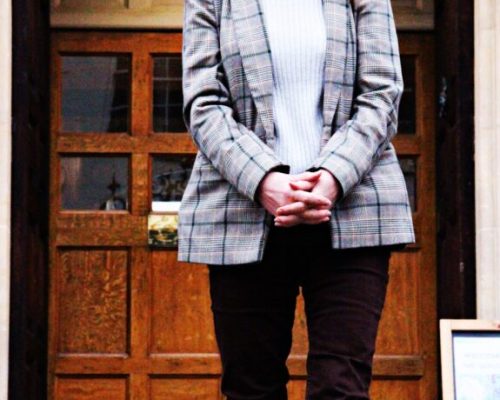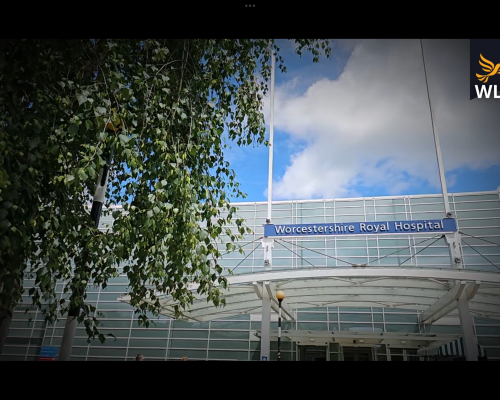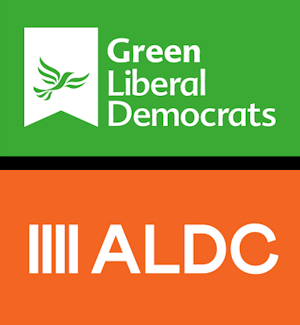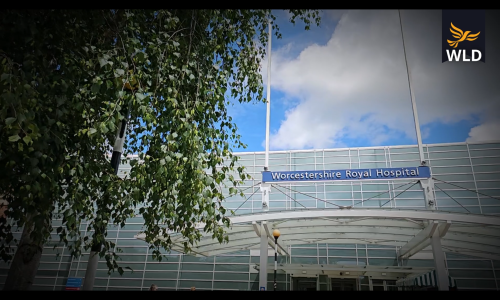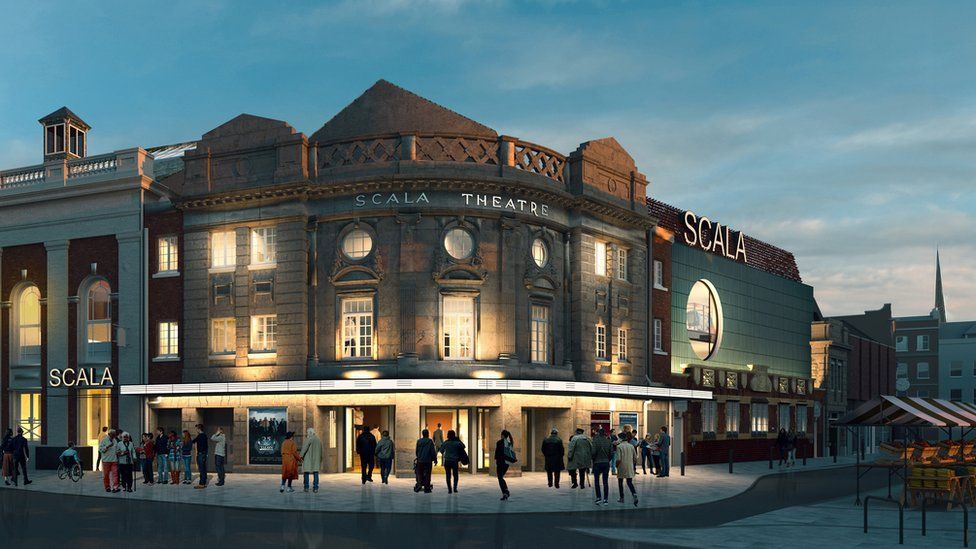
Background
In 2018, the Government launched the Future High Streets Fund (FHSF) to revitalise town centres and create jobs nationwide. In December 2020, the Council secured £17.9 million from the FHSF for the Blackfriars area regeneration, with £6.517 million initially earmarked for the Scala/Corn Exchange project. However, by December 13, 2022, construction cost increases and material shortages necessitated reallocating £6 million from other FHSF programs. Now this money cannot be used for healthcare, services, or anything else. It can only be used for “capital investment”, that is buying and renovating buildings (excuse the teacher simplifying everything).
So, the initial plan conceived by the Conservative-led council was a grand 500-seat theatre, but spiralling costs saw this project scaled back. Consequently, the Scala Project underwent a transformation under the Green-Labour joint leadership in 2023-2024, re-emerging as “The People’s Scala” (as this was described in a recent Labour party leaflet in Cathedral ward) – a multi-purpose community arts hub.
Back in 2020, a consultant was hired to carry out a financial viability report. As part of that process, they produced the table below to evaluate each option which included the theatre and the Arts Hub, and this is how the council reached a decision on the theatre.
However, it soon became evident that option 5 could not be accomplished within budget leaving the council searching for a new solution.
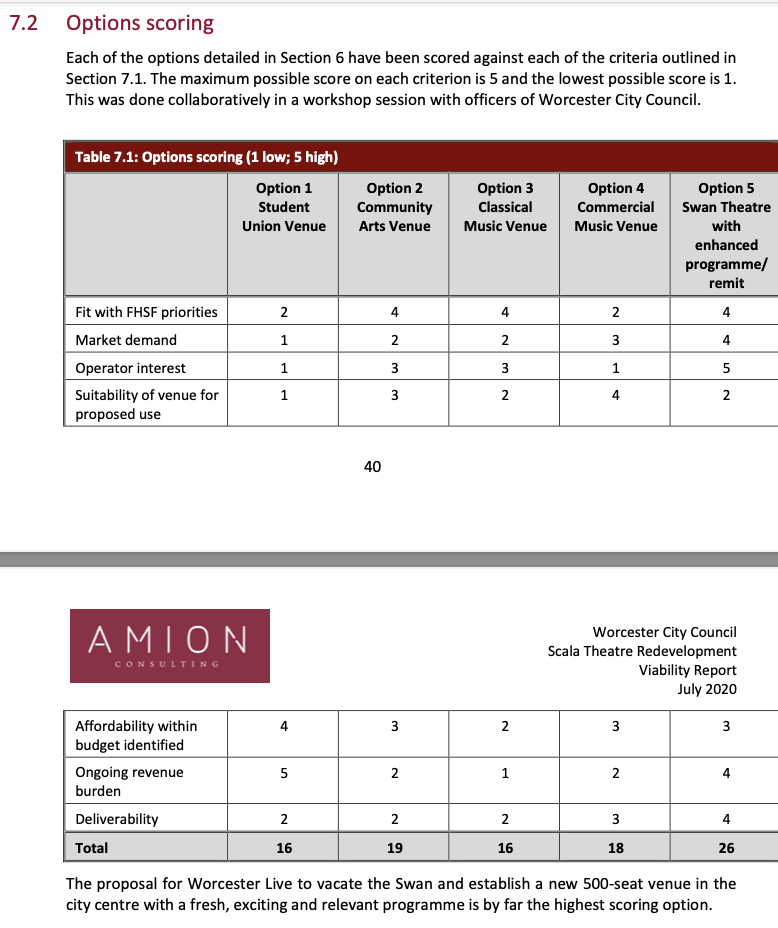
The Scala Project costs to date.
I submitted some questions through the Policy and Resources committee, and I received answers at the last meeting. I have done my best to summarise some of those answers here. The spend as of (31 December 2023) is £4,305,263. This includes acquisition costs, including all fees and charges, of £1,824,080, and re-location costs of £980,509 (getting the business that was there to move next door). A further £1,500,674 has been spent on consultants and other professional services as outlined below.

I will make no comments on these costs and let you the reader decide if this is expensive considering all we have right now is two unusable empty buildings. While it could be said that most of this expenditure was incurred under the previous administration, the new Green-Labour administration took a “new approach” which involved hiring another consultant to run focus groups, surveys, and one-to-one interviews in hope of finding a new way forward.
However, the outcome of this endeavour was merely the re-packaging of the art-hub option that was considered in 2020, without addressing any of the concerns that were raised then.
My issue with The People’s Scala:
Back in 2020, one of the very expensive consultants the council hired evaluated the arts-hub idea. Now, I had some issues with the methodology of some of that initial consultation, but I will not bore you with that. The point is that back in 2020 they highlighted fundamental hurdles, particularly concerning leadership, coordination, and venue management. Quoting directly from the report:
“The co-location of the various artists and organisations could be a powerful audience development tool which enables more people to engage with the arts and particularly cutting edge, contemporary and experimental art. On the other hand, Section 4 describes how audiences in Worcester have mainstream interests and it could be that the community arts hub appeals to a narrow but engaged section of the population. In order to be financially sustainable, the venue would need to programme commercially which could have a detrimental effect on other venues in the city (Swan, Huntingdon Hall and Marrs Bar).”
“Discussions with both Severn Arts and Worcester Arts Workshop were very positive, and they could see the merits of such a proposal. The challenge however would be in leadership, co-ordination and overall management of the venue. This would probably require one of the organisations to take an overall lead and responsibility for the venue (unlikely and too risky for most) or the council taking on the management of the venue and co-ordinating the tenants. Significant rental income is unlikely to be forthcoming from these organisations further reinforcing the need for a commercial events programme which, as stated above, could squeeze other venues in the city and affect their viability.”
With regards to the questions as to whether a community arts hub would create an ongoing burden on the council, the report in 2020 concluded:
[burden on the council is] “Likely to be significant and unlikely to come from anywhere but the council in the short term unless a bid to Arts Council was made as a new NPO (national portfolio organisation).”
Despite this assessment four years ago, the Green-Labour lead council have hired yet another consultant who carried out a social science consultation resulting in the same idea, with some of the same players, but without any indication of how they will mitigate the risks that were clearly laid out four years ago. I have a lot of issues with the methodology in the second consultation, which I will not bore you with; I will only say that the process is vulnerable to selection and confirmation bias and is an inappropriate tool for assessingfinancial risk.
While the initial consultants in 2020 were not flawless, their words have already been proven true. Despite pressure from me at the different meetings, I still have not seen a business plan or model of how The People’s Scala will work. So far, it looks like the council will have to run it and pay for it.
In fact, in a year where the council has had to cut services and budgets, the Labour-Green led-council is asking for £80,000to be spent on the running of The People’s Scala and that is just for the first year.
As far as I am aware, nobody knows if this project will ever be able to pay its own bills.
The Art House Cinema Proposal:
Anyone who has heard me speak at council meetings will know I had to declare an interest saying something to the effect that I was involved in helping someone put forward a proposal and was no longer involved. Now that the arts hub idea is going ahead, I have decided it is appropriate to give you some background on this statement.
I attended a Policy and Resources Committee back in July where we said that there were no forthcoming proposals for an interested operator to take on the project.
So, I went through all the papers and discovered the grading criteria above and studied the benefits of each of those options. I was surprised that nobody had explored a relationship with an experienced commercial operator willing to lease the buildings.
I figured that this would be a good deal for a business owner who could have an input on the refurbishment effort and, if given a good deal, could be persuaded to work with grassroots organisations. In sum: my plan was to find a paying tenant who might be willing to share the space with community groups and play a bit of a coordinating role— addressing some of the issues highlighted by the consultants in 2020.
Knowing that the Scala building had been a cinema, and the Corn Exchange building had been a restaurant, I looked for someone with expertise in successfully refurbishing an old cinema and/or running a restaurant.
I looked for someone who had shown:
I found one person with those characteristics, and soon there was a serious proposal on the table. I must add, this was not a friend or anyone I personally knew before this process. I stand to make no financial gain whatsoever. This was just a matter of me looking at a problem and daring to try and find a creative solution.
This businessperson was willing to sign a lease to pay rent and business rates, to run an interdependent Art House Cinema and film-inspired restaurant. I thought that for the council could negotiate the right price and some sort of community benefit clauses in the lease contract. This would get them some steady income, therefore supporting local artists without having to manage the buildings.
This person, whose identity I cannot disclose, had a detailed business plan and two businesses following a model that could lend itself to this.
I then helped him write a proposal; this was my error. I was later told that councillors are not meant to do this. Since nobody gave us any instructions on how to submit the proposal, I thought that as long as I was transparent and had no financial gain this would be OK.
The proposal was not for a regular cinema but a different offer which carefully explained why this was a better option than all other options considered (including the Arts Hub idea) using the council’s own criteria. In fact, the proposal included a table similar to the one above but, to this day, I don’t know how many councillors, if any, have actually seen it.
Soon after the proposal was submitted, I received a phone call from someone in the council thanking me for my effort but telling me politely that my involvement was inappropriate because I had included my name on the proposal. Being a new councillor, with no training and little guidance on council procedure, I accepted this and simply removed myself from the process. As requested, I did not engage with the businessperson until a decision was made.
I only learnt the proposal had been dismissed through the local press and assumed that council officers had found a better option. I then reached out to the business owner to thank him, and he gave me feedback on the process.
However, as I learnt about the new proposal, I realised that not only was this proposal not new, it did not even attempt to address the concerns raised by the consultant back in 2020 (i.e. lack of leadership, burden on the council, low market demand).
It was also confirmed at the latest Auditing and Governance committee that the council never formally assessed the cinema proposal using the council’s own criteria and the cinema proposal was not formally costed.
An Art-house independent cinema “is too risky”.
After the idea was rejected, the strongest argument against it was that the cinema idea was “too risky” for the council because if the operator could not make a profit (even though it appears they never assessed the business viability) the council would be stuck with a purpose-built building, and a more flexible building would be a safer option. There was also an argument that a cinema space could not be used for other forms of art. I believe such assertion lacks creativity as an art house cinema could do many creative things a regular cinema would not do.
I am willing to accept that the Art House Cinema proposal is risky, all new businesses or projects are risky, but I am not convinced that it is riskier than a proposal with no plan, no leader, and no proof of concept, and which actually multiplies the risk (I will explain this later).
For many reasons, I am not convinced that the Art House Cinema proposal had a fair shot. In fact, I don’t think councillors ever saw the full proposal. I am not convinced that cinema the business case had proper scrutiny, and therefore councillors did not understand it, and did not get a chance to vote on it.
Why I think The People’s Scala multiplies risk instead of reducing it.
The current plan for the People’s Scala includes a live performance area with flexible seating, a screening studio, and a space for rehearsals and dance performances.
While the screening space has 200 seats, the live performance area will have a maximum 178-standing capacity, and fewer for seated productions.
I get why councillors think that having a variety of small venues is less risky. I think the expression “not putting all our eggs in one basket” may have been used.
However, I think this logic is fundamentally flawed because the set-up costs for small or large productions are not actually that different.
For example, buying the rights to a film is expensive and remains more or less the same whether you show the film to 100 people or 1,000. Having a single 200 seat screening room means that they will only be able to afford to show things that do not cost much (amateur films, very old films). Anything with any sort of mainstream appeal (the sort of stuff the 2020 consultants said people and Worcester want) will be too expensive to make its money back in a single tiny screening room. Equally, when it comes to live performances, producing something for 200 people is not necessarily cheaper than producing something for 1,000 people unless you don’t pay the artists.
So, producing something for a small audience is much riskier than appealing to a big audience. The more seats you have, the more likely you are to recover your investment without much increase in the cost of production.
So, having three tiny venues in a city that already has three other similar venues doesn’t reduce risk, it multiplies it. The council will need to invest in three different types of production with limited capacity to make its money back.
This will inevitably mean that The People’s Scala won’t be able to afford professional acts consistently and, even if it could, it will not make money. This will result in an over-reliance on volunteers and grant money. In other words, an endless money pit for shows only a “narrow but engaged section of the population” will actually want to see. So not really a venue “for the people”, the people are just paying for it and artists will be expected to work for free.
To make matters worse, The People’s Scala will inevitably compete with Huntington Hall, the Swan and Marrs Bar to name a few, making a difficult situation even worse.
So, there you have it. I have tried making this point in council. I have tried speaking to key people in private and I have got nowhere.
I feel like a child screaming “the emperor has no clothes” in a room full of people admiring his new robes.
So, what next?
Many councillors are firmly behind this plan because they fear that if they do nothing with the money, it will need to be given back. I understand this position, and the words rock and hard place come to mind. However, someone must raise the red flags and no, I don’t mean the Marxist ones!
This is not and has never been about a Cinema. I am prepared to accept any proposal that does not create an ongoing burden on the council, that will generate income to support our local artists, and that generates content that people in Worcester actually and not content for small engaged group of people.
In my opinion, The People’s Scala does not do that.
I want to be proven wrong. Maybe it can work with the right partners and the right business plan. However, I will not stop raising alarms until there is a credible business plan on the table.


